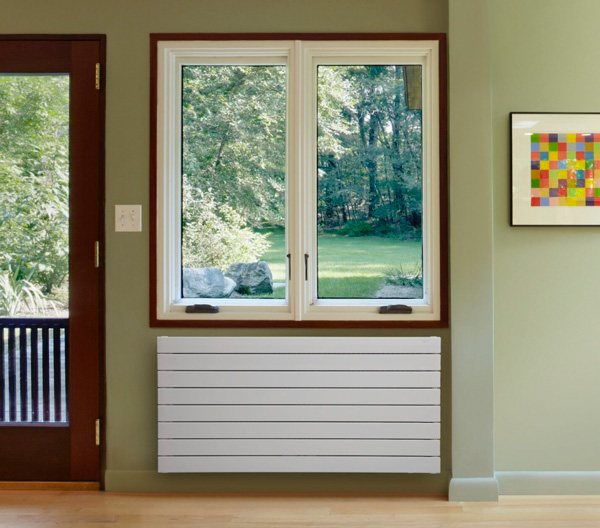Summertime Is Boiler Replacement, Hot Water Heat Upgrade Time!

Does Your Boiler Need To Be Replaced?
There are a number of factors that may affect whether you may want to consider replacing your boiler. The following are most common with our customers, and some of these reasons may be cause for taking immediate action:
- Your boiler is well beyond 20 years old
- Potential safety concerns have arisen!
- Parts failures are happening on a more frequent basis
- Repair parts availability has become challenging, unreliable, and more expensive
- A costly, major repair will be needed in the near future in order for the boiler to continue operating safely and reliably
- Gas consumption, and utility bills for heating is climbing higher than expected and desired
- Remodels and/or additions will create a greater heating load than the current boiler can satisfy
- A desire to ‘get greener’ and upgrade to equipment that consumes significantly less fossil fuels (gas)
Types of Boilers and The Best Fit For Your Home
If you decide that now’s the time to look closer at replacing your boiler, the good news is that there are a broad range of options to choose from. Here’s an overview of some of the more important considerations that our comfort advisers at Save Home Heat typically discuss with our boiler customers:
Boiler Efficiency
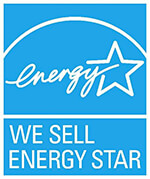
What efficiency rating makes the most sense for a new boiler for my home?
Materials and Durability
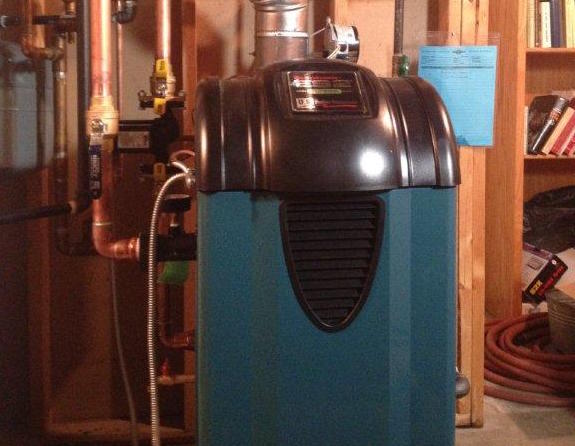
Boiler Design Concepts
Now that you have a better feel for efficiency ranges and the materials used in the heart of your boiler, we’d like to discuss some important design concepts that will help you further home in on what model will be the best fit for you and your home:
Venting
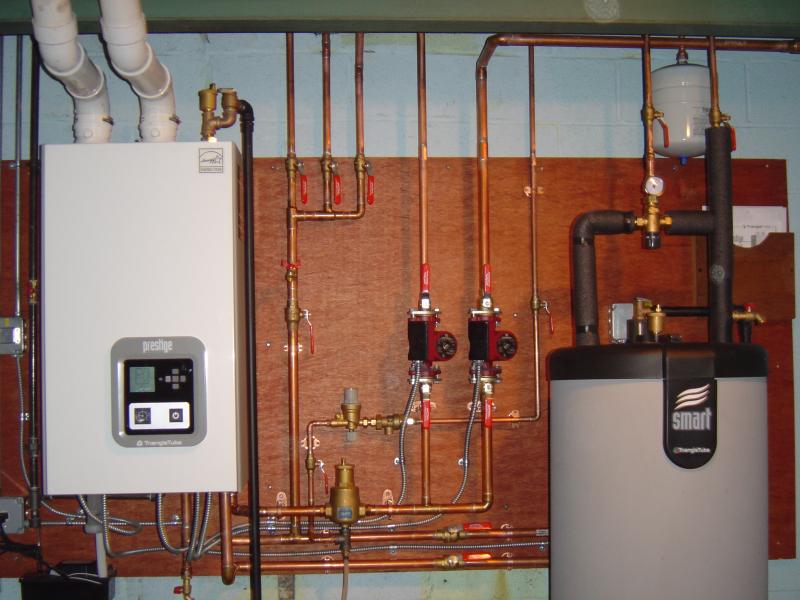
Traditional atmospheric venting – This is what most of us are familiar with. Metal, double-wall, Class B vent pipe is still found in many homes and is used for mid-range boilers as well as conventional gas water heaters. One of the advantages of replacement boilers that employ atmospheric venting is that it makes venting for the new equipment less labor-intensive. In some cases, it may even be the only workable option.
Power vent, induced draft, and sealed combustion venting – Many new boilers have a special exhaust fan incorporated in the unit to blow combustion byproducts outdoors, either through the sidewall or the roof, employing either a single vent pipe or a 2-pipe system. Two-pipe vent systems are referred to as sealed combustion venting, and use only outside air for the combustion process, eliminating the possibility inside air products (detergents, solvents, etc.) reacting with metal in the boiler sections. Sealed combustion systems tend to be quieter indoors.
Vent Materials For High Efficiency Boilers – The two most common types of vent pipe used in higher efficiency boiler designs are stainless steel for units in the mid to upper 80% AFUE range, while units rated 90% AFUE and higher use PVC plastic pipe. The reason for using these materials is that in higher efficiency equipment, water condenses out of the flue gas, and this is not compatible with standard metal venting – the standard metal venting would be trashed in no time flat!
Heat Production
Condensing vs. Non-Condensing Boilers
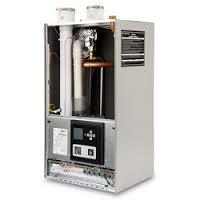
So you can think of condensing boilers as high efficiency equipment, and non-condensing units as moderate efficiency. Condensing boilers provide the lowest operating costs, require higher levels of expertise to properly and professionally install and service, typically require more in-depth annual maintenance, and of course, represent a larger upfront investment.
Variable-Output, Modulating Boilers
Variable-output boilers, also known as variable-capacity or modulating boilers, are the most efficient hydronic heaters we install, boasting efficiencies up to an impressive 96% AFUE. These state-of-the-art units automatically adjust their heating output as outdoor conditions change, supplying only the amount of heating needed. This reduces wasted heat and gas and electrical consumption, while also providing improved comfort levels. Some of the key components and design elements that these compact boilers feature are modulating gas valves, variable-speed exhaust fans, sealed combustion venting, and outdoor and indoor temperature sensors to accurately monitor outdoor conditions and system performance. Many modulating boilers can be installed on a wall to achieve maximum space savings.
It’s A Great Time To Upgrade Other Parts Of Your Heating System, Too!
Whether you’re having your boiler replaced or not, the summer is also a good time to consider other upgrades and recommended work on your hot water heating system. Things that have been on your wish list waiting for the right time, or maybe that you’ve been avoiding thinking about.
Here’s other work that we perform on boiler systems all year round:
- Replace beat up old baseboard heaters, upgrade to higher output models, or maybe install fancy European style baseboards
- Correct noisy, gurgling baseboard heaters or air-locking issues with the installation of new coin vents on baseboards around the house, and/or upgrading the boiler’s central air elimination system
- Replace old zone valves that occasionally buzz or get stuck, or simply because they’ve exceeded their projected serviceable life and you’d prefer the peace of mind
- Upgrade thermostats to controls that offer a wide variety of programming and operating options, including Wi-Fi connectivity and voice control
- Install (or replace existing) new radiators whose options range from classic style floor models to all manner of modern designs, colors, and configurations
- Add radiant floor heating to an area in the home that sits above unfinished space, such as a main level that sits above an unfinished basement
- Upgrade from an existing traditional gas or electric water heater to an indirect-fired water heater, powered by the boiler, far outperforming what you’ve grown accustomed to. A big hot water supply upgrade!

Expert Hot Water Heat Assistance Any Time of Year!

Please contact me to schedule a free install quote or to schedule a service call!
Tags: Heating, Water Heaters
